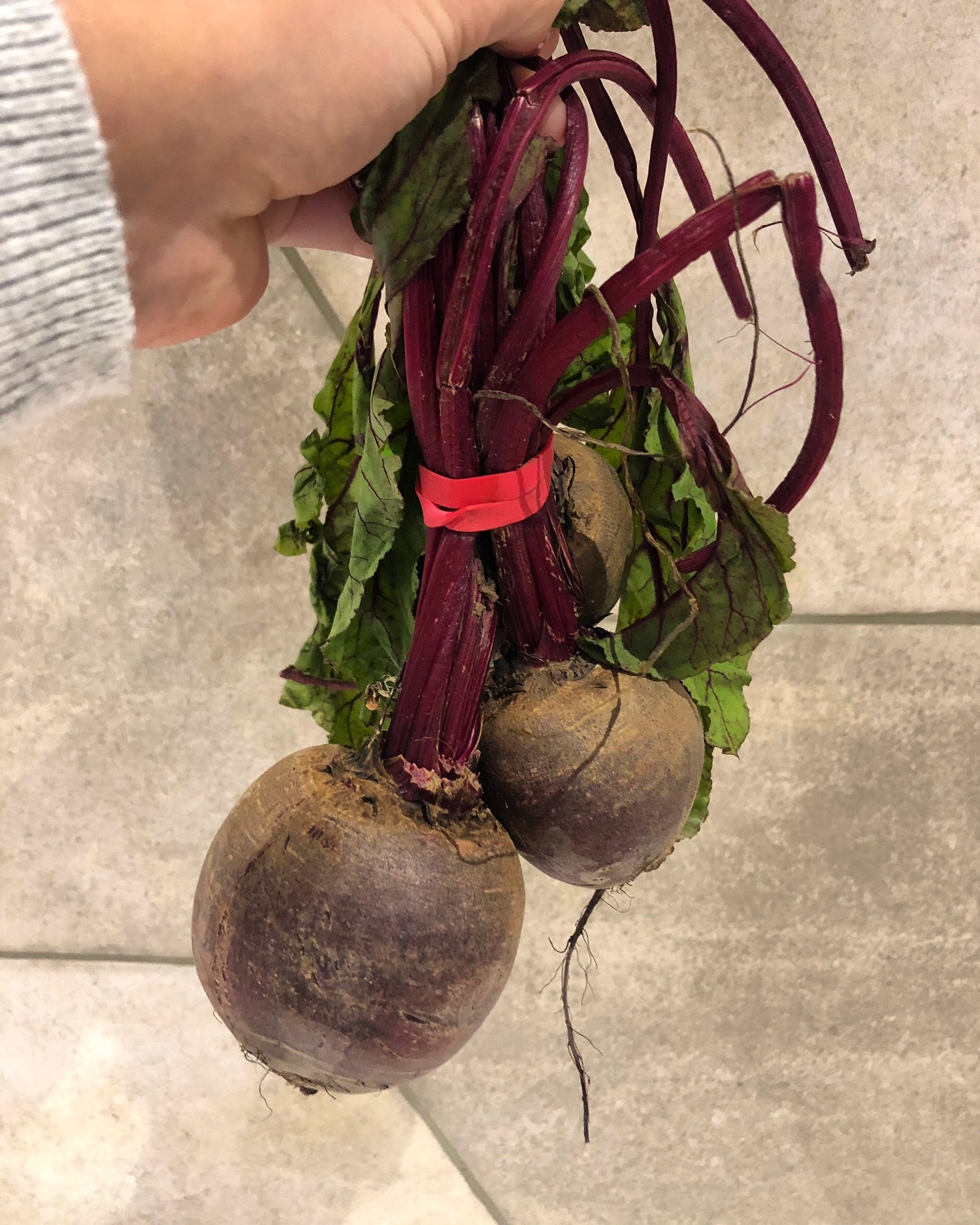The internet hype around seed oils is literally out of control at the moment. Everyone suddenly seems to be an expert, loudly sharing opinions on why seed oils are supposedly toxic. So, I wanted to break down what we actually know about seed oils—so you can understand where things really stand.
What are seed oils?
Seed oils are vegetable oils extracted from the seeds of plants such as sunflower, soybean, canola (rapeseed), cottonseed, corn, and grapeseed. These oils are commonly used in cooking, baking, and processed foods due to their mild flavour, high smoke point, and affordability.
Most seed oils are highly refined and processed using heat and chemical solvents. This has sparked debate about their health effects—particularly because they are high in omega-6 polyunsaturated fats, mainly linoleic acid, which converts to arachidonic acid in the body. Arachidonic acid has been linked to inflammation, but no studies have shown that consuming omega-6 fats results in the same inflammatory effects due to this conversion. It’s also worth noting that much of the existing research has been conducted on rodents, not humans.
On the positive side, seed oils are a rich source of vitamin E, which benefits skin health, and they also contain vitamin K, which supports wound healing.
The research
A cohort study published in March 2025 followed over 220,000 people for 33 years, examining their intake of butter and seed oils to assess associations with all-cause mortality. Diet was assessed using validated semi-quantitative food frequency questionnaires every four years.
The findings? Higher butter intake was associated with increased total and cancer mortality, while higher intake of plant-based oils was associated with lower total, cancer, and cardiovascular mortality. Specifically, the highest butter intake was linked to a 15% higher risk of total mortality compared to the lowest intake. In contrast, the highest intake of plant-based oils was linked to a 16% lower total mortality. Substituting butter with plant-based oils may therefore offer significant benefits in preventing premature death.
Let’s talk about inflammation
This is where most of the misleading claims are coming from online.
A systematic review of human studies conducted in 2011 investigated whether seed oils actually cause inflammation in the body. It found that decreasing dietary linoleic acid was not significantly associated with changes in arachidonic acid levels in blood plasma or tissue. The same was observed when dietary linoleic acid was increased. So, although arachidonic acid is associated with inflammation, the process of converting omega-6 fatty acids into arachidonic acid doesn’t appear to have the same inflammatory effect in the human body.
What about cooking?
Yes, it’s true that repeated heating can cause seed oils to oxidise. For this reason, it’s best to limit your consumption of deep-fried foods. It’s also worthwhile to minimise intake of ultra-processed foods in general.
Easy swaps
Here are five common processed foods and some healthier alternatives you can try:
Replace packaged salad dressings with:
Replace fried foods with:
-
Oven-baked alternatives using olive oil, beef dripping, or ghee
-
Air fryer options with an oil spray for a lighter version
Replace margarine and spreads with:
-
Real butter, ghee, or cold-pressed coconut oil
-
Nut butters (like almond or cashew) with no added oils
Replace plant-based meat alternatives with:
-
Homemade veggie patties using lentils, beans, or mushrooms + olive oil
-
Brands that use avocado or coconut oil
Replace store-bought mayonnaise with:
-
Homemade mayo using olive or avocado oil
-
Greek yoghurt mixed with lemon, garlic, or mustard for a lighter spread
In summary
This is a classic example of internet hype driven by a lack of context and expertise. Many so-called nutrition “experts” are focusing on a single ingredient. But aside from smoking and specific food allergies, there is no evidence that one ingredient alone causes disease or increases mortality. It’s never just about one thing—it’s about your overall diet.
The key takeaway: shift from a highly processed, convenience-based diet to one that includes more whole foods. It doesn’t have to be perfect. Aim for balance—80% of the time is more than enough.
Your overall diet quality matters. Instead of panicking every time you see a seed oil on an ingredient list, focus on what you can do: eat more whole foods, cook with fewer additives, and use a variety of oils.
References














Recent Comments